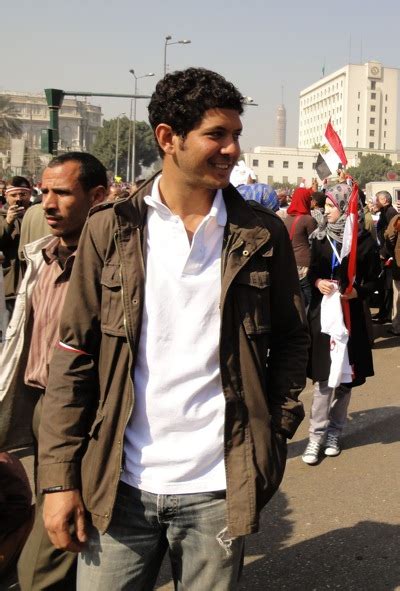A Quote by Melissa Gira Grant
I've always been a writer. I started getting paid for writing in college. Where it transitioned from commentary to journalism was in that shift - not wanting to write personal stories because people are hungry in not necessarily great ways for the sexy, sexy, sex work story. I was trying to shift the focus, and journalism was the tool I needed to write about people outside my own life and range of experience.
Quote Topics
Related Quotes
I started writing by doing small related things but not the thing itself, circling it and getting closer. I had no idea how to write fiction. So I did journalism because there were rules I could learn. You can teach someone to write a news story. They might not write a great one, but you can teach that pretty easily.
From about ninth grade on, I knew I was a writer at heart. I had fantasies of being a great novelist, but I thought that seemed like an iffy way to try to make a living. So I tried journalism while in college, and really liked it. But even in journalism, I've always pursued ways to be somewhat literary, whether writing a column or writing books.
I hated the culture, I hated the work. I very quickly realized that this wasn't what I wanted to do. So, after two years, I took some writing courses - I always loved to write - and I figured the only way I was going to get paid to write was in journalism. I really wasn't very involved politically with anything up until that point. Then I started reading about the second Palestinian Intifada, and I spoke to friends in activist and journalism circles. Then, somehow by complete luck, I ended up at Democracy Now.
I've moved away from writing about and describing actual experiences of sex work, whether mine or anybody else's, because the culture is obsessed with the behavior of sex workers. They want to figure out why they do what they do and who they are. What I'm trying to do is to shift the focus onto the producers of the anti-sex work discourse: the cops, the feminists, the anti-prostitution people. Those are the people whose behavior needs to change.
In a sense, journalism can be both helpful and detrimental to a writer of fiction because the kind of writing you need to do as a journalist is so different. It has to be clear, unambiguous, concise, and as a writer often you are trying to do things that are more ambiguous. I find that writing fiction is often an antidote to reading and writing too much journalism.
Sex is hard to write about because you lose the universal and succumb to the particular. We all have our different favorites. Good sex is impossible to write about. Lawrence and Updike have given it their all, and the result is still uneasy and unsure. It may be that good sex is something fiction just can't do - like dreams. Most of the sex in my novels is absolutely disastrous. Sex can be funny, but not very sexy.
Knowing that a story needs to be told is a great motivator, even if telling a given story comes at a price. Writing Hunger has been the most difficult writing of my life, and it's the rawest and perhaps most necessary. We'll see how people take it. I always strive to write beyond personal catharsis because though I write first and foremost for myself, I do recognize that I need to look outward as much if not more than I look inward, so the reader has something with which they can engage.
My cure for writer's block is to step away from the thing I'm stuck on, usually a novel, and write something totally different. Besides fiction, I write poetry, screenplays, essays and journalism. It's usually not the writing itself that I'm stuck on, but thing I'm trying to write. So I often have four or five things going at once.
I started writing the book without realizing I was writing a book. That sounds stupid, but it's true. I'd been trying and failing to make a different manuscript work, and I thought I was just taking a break by writing some short stories. I'm not a very good short story writer - the amazing compression that is required for short stories doesn't come easily to me. But anyway, I thought I'd try to write some short stories. And a structure took shape - I stumbled upon it.
This is a very proud moment for journalism. I think The New York Times and The Washington Post are genuine champions in this moment. The role that they are playing in democracy is the role that you hear about journalism playing in civics classes. Other people are doing great work, but the Times and the Post have really been leaders. The public is watching, and they are hungry. They know something is wrong, there's a lot of anxiety out there. There's a real sense that the mission of journalism is very clear.
Anyone who does investigative journalism is not in it for the money. Investigative journalism by nature is the most work intensive kind of journalism you can take on. That's why you see less and less investigative journalism at newspapers and magazines. No matter what you're paid for it, you put in so many man-hours it's one of the least lucrative aspects of journalism you can take on.































